By Victor Bwire
Disruptions to digital platforms like internet shutdowns, throttling, heavy taxation, and threats of criminalising online content are increasingly harming societies, economies, and global communication.
While most people associate the internet with media and content creation, digital platforms are more than just communication tools. They represent a socio-economic transformation we must embrace.
Demonising internet use due to discomfort or displeasure only creates fear. Kenya already imposed a burdensome social media tax, and now, talk of stricter regulations is shaking confidence among startups and digital innovators.
Instead of building legal walls around online spaces, the country should focus on building a strong digital literacy ecosystem especially for the youth. This can be done through both formal and informal learning institutions.
Laws that criminalise online activity will do more harm than good. Today, digital platforms are a major source of income, a marketing avenue, a learning tool, a banking service, and above all, a key enabler of free expression; a fundamental human right.
Read More
We urgently need to integrate media and digital literacy into the school curriculum. That would create a supportive environment for young people to earn from digital spaces. It makes no sense for the government to set up digital hubs, media centres, ICT installations, and free Wi-Fi zones, only to support laws that restrict the very platforms they’re promoting.
 File Image of Mr Victor Bwire, the Head of Media Development and Strategy at the Media Council of Kenya.
File Image of Mr Victor Bwire, the Head of Media Development and Strategy at the Media Council of Kenya.
Kenya’s experience with violent extremism and radicalisation shows that national strategies can work. Our counterterrorism framework helped mitigate threats effectively. In the same spirit, stakeholders led by the Media Council of Kenya and UNESCO developed a national Media and Information Literacy (MIDL) strategy.
It recommends a multi-agency approach to educate Kenyans on responsible content use. That’s where we should be investing and not in backward laws targeting social media.
Criminalising digital platform use due to misuse by a few people is unnecessary. Instead, the country should roll out nationwide awareness programs to teach young people how to behave responsibly online.
Media houses already ensure their content on TV, print, radio, and online is safe and accountable. Platform providers, too, must not sit back. They should collaborate with others to promote responsible use and support research, education, and digital literacy that benefits communities.
Calls to regulate social media are valid. Misinformation and manipulation especially during elections or times of crisis are real concerns. That’s why many Kenyan media houses have introduced social media and blogging policies for their journalists. These help journalists balance personal expression with professional conduct. Journalism is public work, and it demands decorum both on and offline.
Content regulation should not be confused with attempts to suppress innovation or freedom. Instead, it should ensure that shared information aligns with national and international standards. Freedom of expression, even in Kenya, is not absolute. It is subject to reasonable limitations like national security, public health, and prevention of hate speech.
Media companies know this well. That’s why their policies help journalists navigate online spaces without damaging their credibility or professionalism. These internal rules don't hinder expression; they uphold it.
As we move into an era of AI and other complex technologies, understanding how information can be misused will be more important than knowing how the tech works. Basic digital and media literacy will help the public detect manipulation, especially during sensitive times like elections.
Many freedom of expression advocates rightly argue that existing laws like those on computer misuse, cybercrime, and data protection are sufficient. What’s missing is investment in community-based digital education. People need to know how to use these freedoms wisely.
Freedom of expression is not an unlimited right. That’s not just Kenyan law; it’s global practice. Limitations around public safety, hate speech, and incitement exist for a reason. But exemptions also exist, especially for journalists. The law protects fair comment, truth, and reporting in the public interest even under data protection regulations.
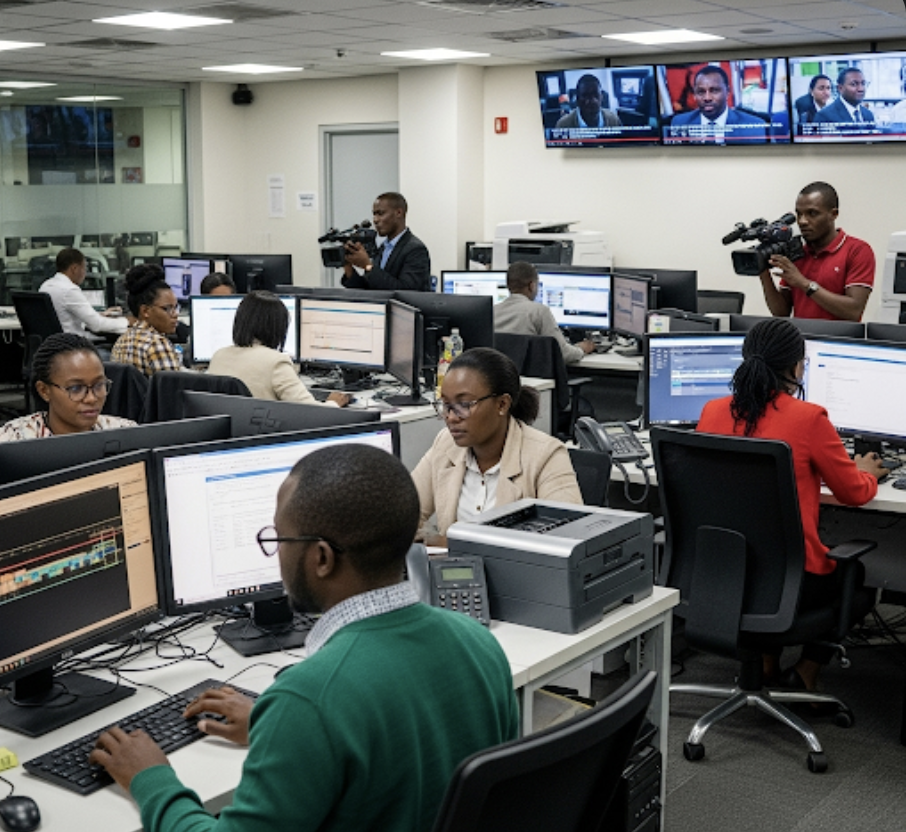
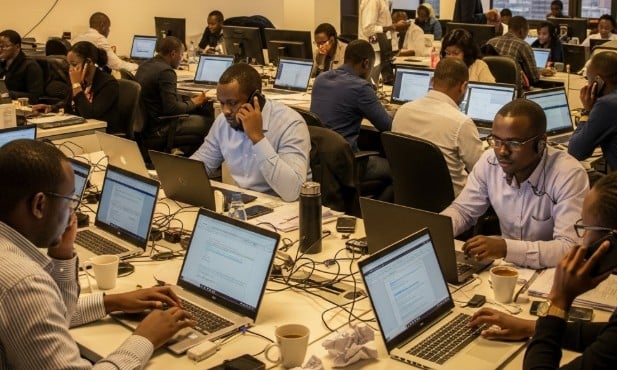
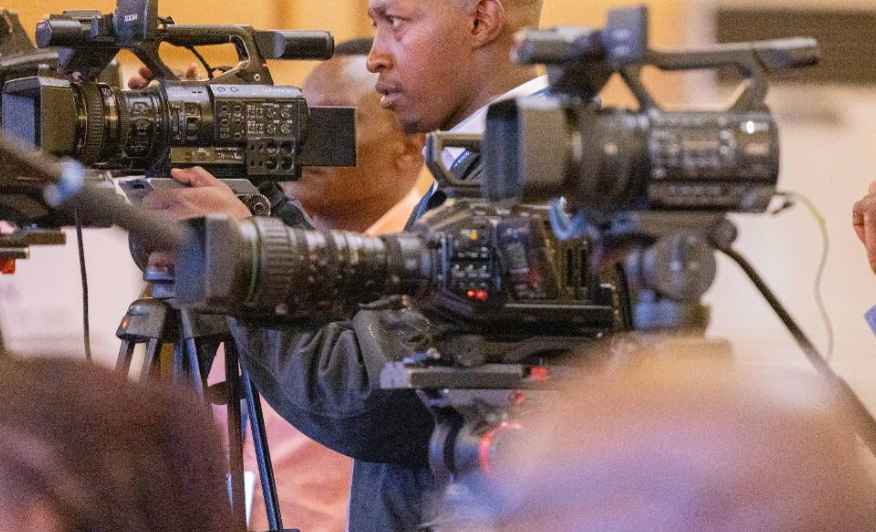
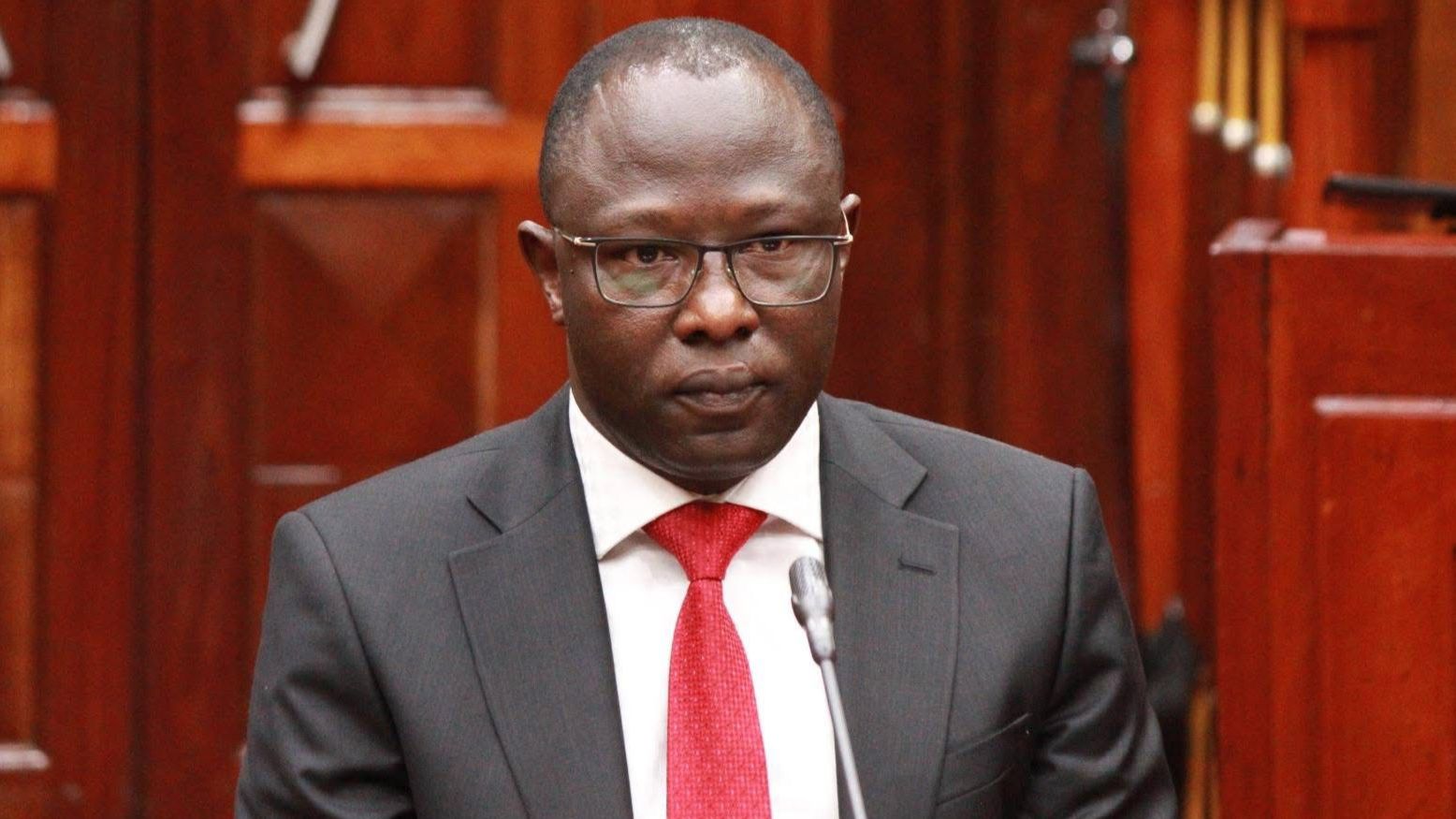
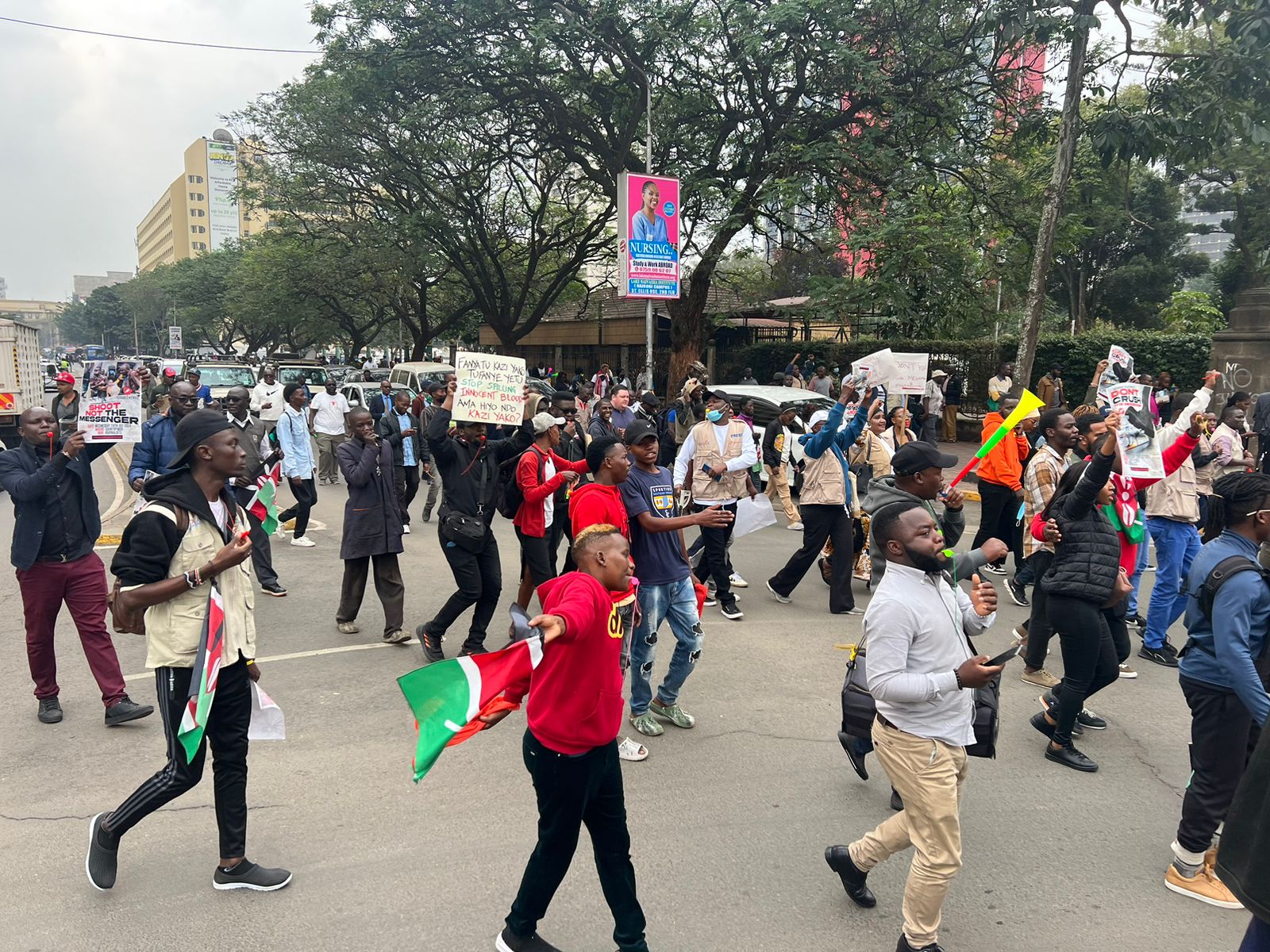
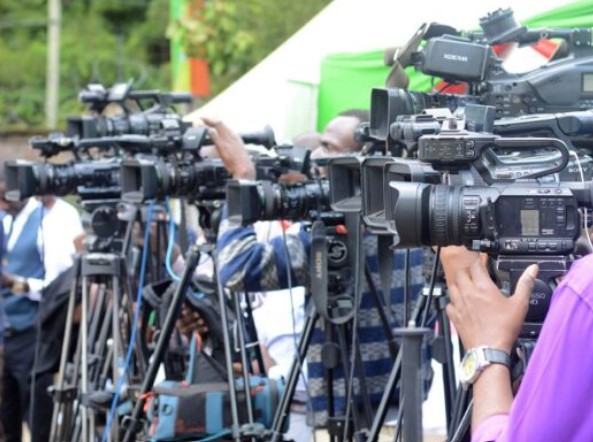
-1756636141.jpg)
-1756632039.jpg)
-1756627583.jpg)
-1756623111.jpg)
-1747120598-1755667473.jpg)